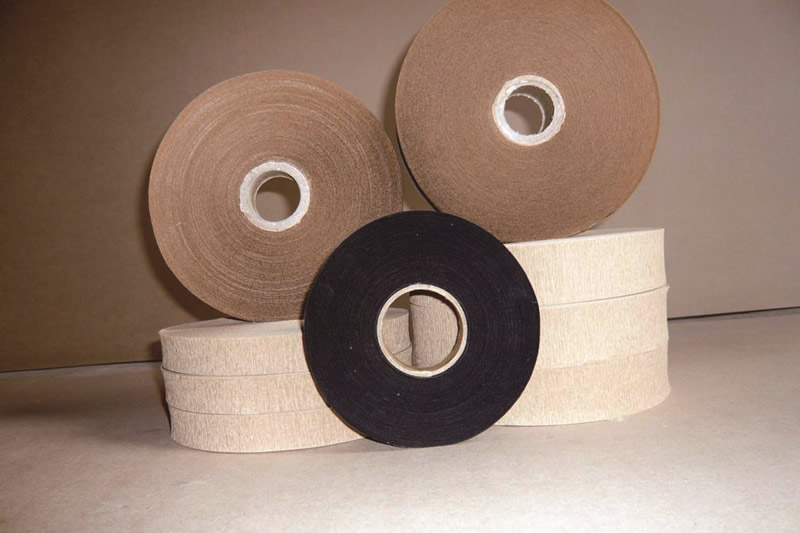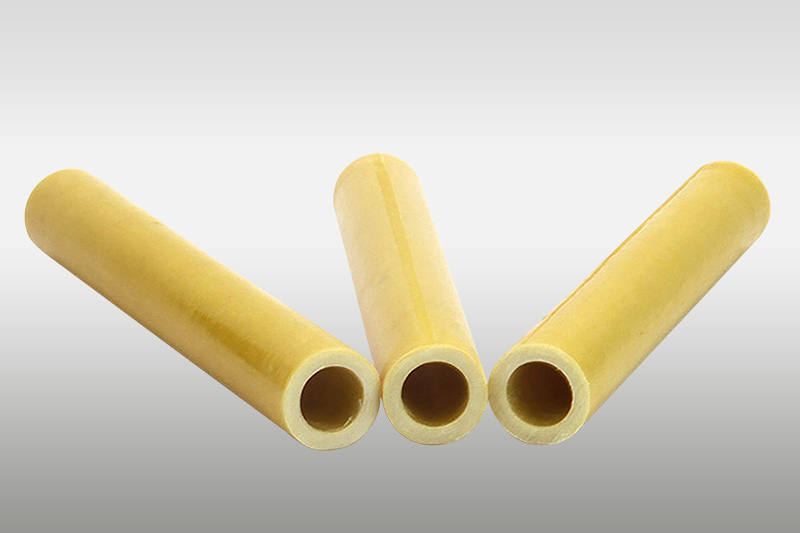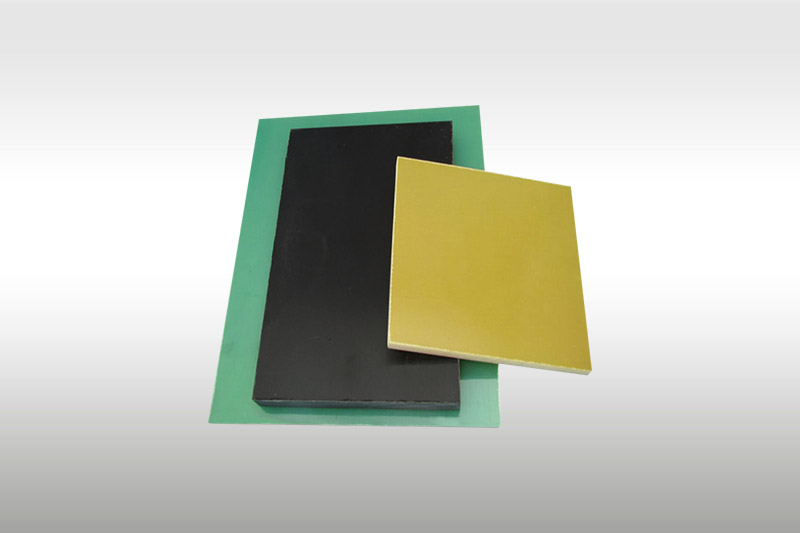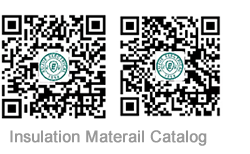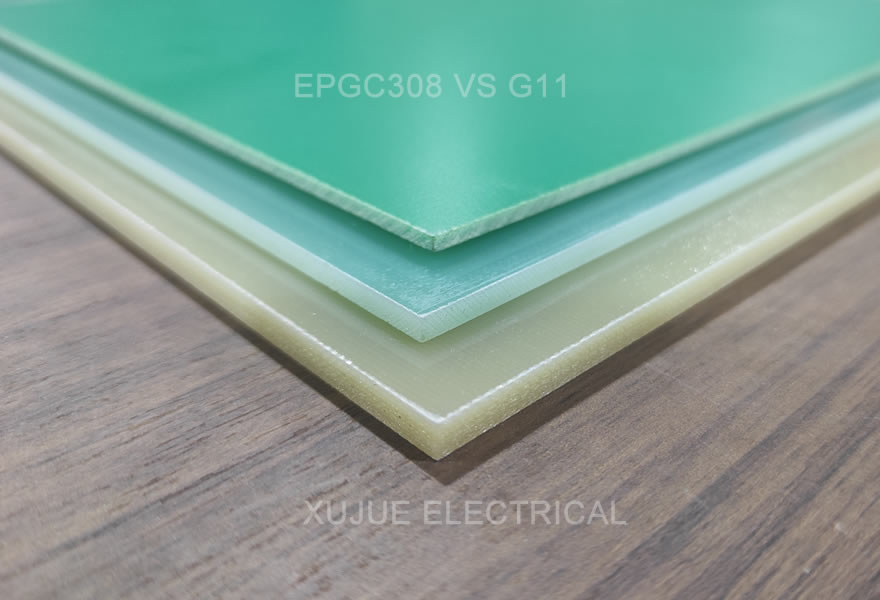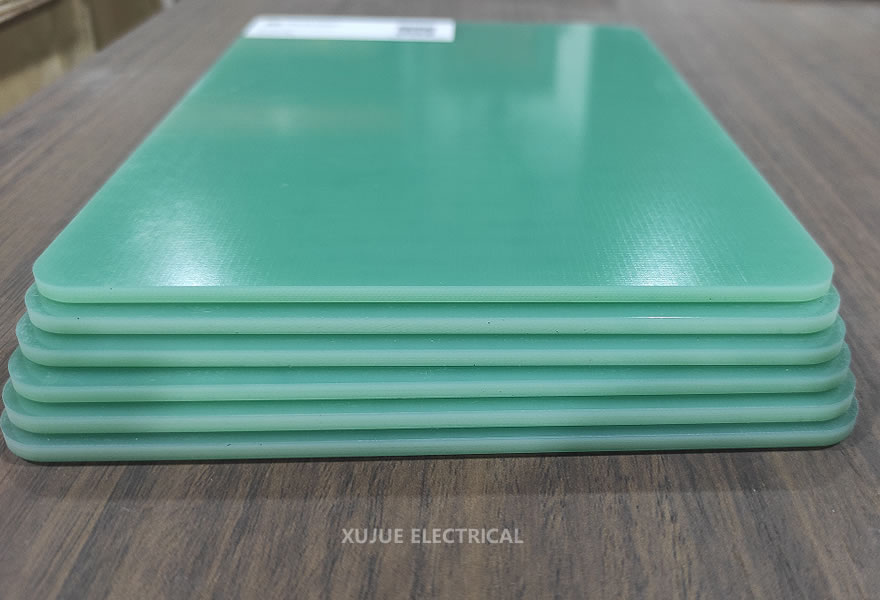DDP insulation paper in new energy vehicles Application
Dielectric Dotted Paper (DDP) is a high-performance insulating material that combines special paper-based materials a...
Dielectric Dotted Paper (DDP) is a high-performance insulating material that combines special paper-based materials and dispensing technology. It has excellent high temperature resistance, chemical corrosion resistance, insulation and bonding properties. In new energy vehicles, its core application scenarios are concentrated in key components such as high-voltage electrical systems, power batteries, motors and electronic controls. The following is a detailed description:
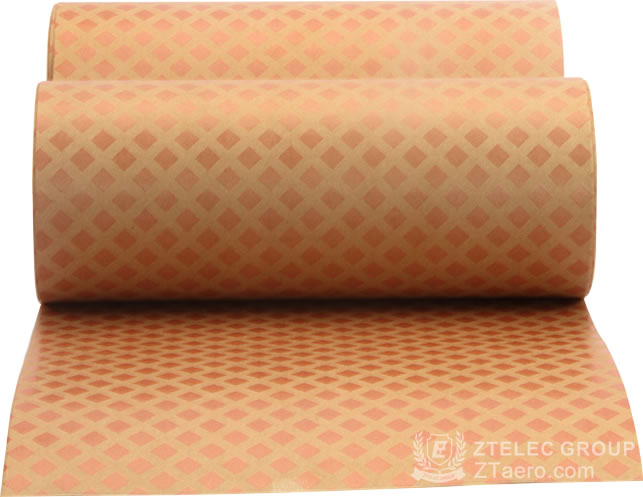
I. Core Characteristics and Process Advantages of DDP
Material Properties:
High Insulation: Breakdown voltage reaches 10–30 kV/mm, effectively isolating high-voltage components.
High-Temperature Resistance: Operating temperature range of -40°C to 180°C, suitable for high-temperature environments in motors and batteries.
Chemical Corrosion Resistance: Resists erosion from electrolytes, coolants, and other chemical media.
Lightweight: Thickness of only 0.1–0.3 mm, reducing vehicle weight.
Flexible Adaptation: Conforms to complex curved surfaces, minimizing stress concentration.
Process Advantages:
Dot Gluing Process: Precise dot gluing creates localized adhesive layers, combining fixation and insulation while avoiding stress unevenness caused by traditional full-coverage tapes.
Die-Cutting Compatibility: Customizable shapes to fit installation requirements for diverse components.
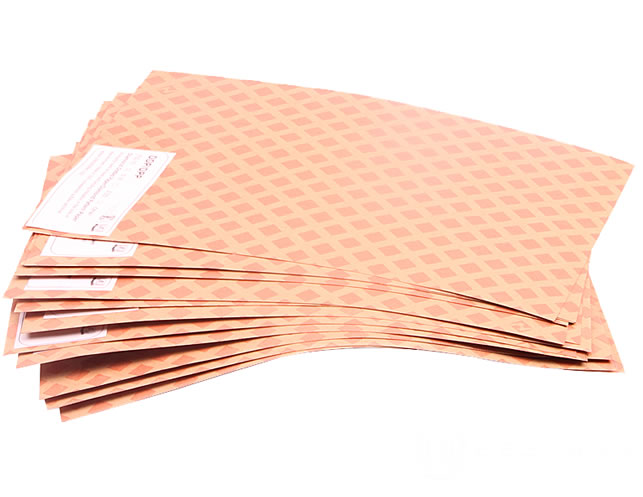
II. Specific Applications in New Energy Vehicles
1.Power Battery Systems
Insulation Between Battery Cells:
DDP is applied between lithium-ion battery cells to prevent short circuits from metal casing contact and buffer thermal expansion stress.
Dot gluing optimizes heat dissipation paths, avoiding localized overheating from excessive adhesive thickness.
Module Encapsulation Protection:
Acts as an insulation layer on battery module covers or sides, isolating high-voltage busbars from metal shells to prevent leakage.
Electrolyte resistance ensures stability under long-term immersion (e.g., in NCM/NCA electrolyte environments).
Thermal Runaway Mitigation:
DDP’s flame retardancy (UL94 V-0 rating) slows flame spread during thermal runaway, buying time for battery management system responses.
2. Motor and Electric Control Systems
Stator Winding Insulation:
Wraps stator winding ends or slots to isolate copper wires from iron cores, preventing inter-turn short circuits.
Resists corona discharge (suitable for high-frequency pulse voltage environments in inverters).
Power Module Encapsulation:
Used between IGBT/SiC module substrates and heat sinks, combining insulation and thermal conductivity (some DDP variants incorporate thermally conductive particles).
Dot gluing enhances localized heat dissipation, addressing thermal resistance issues in traditional insulating pads.
Magnet Fixation:
In permanent magnet synchronous motors, DDP’s adhesive dots bond magnets to rotor cores, replacing traditional adhesives and improving assembly efficiency.
3. High-Voltage Distribution Systems
High-Voltage Harness Protection:
Shields connectors or bends in high-voltage wiring, serving as supplementary insulation to prevent wear-induced failures from vibration.
Superior puncture resistance compared to PVC tapes (tear strength >50 N/mm).
Charging Port Insulation:
Applied in onboard chargers (OBC) or fast-charging sockets as internal insulating barriers, ensuring high-voltage plug safety.
4. Other Key Applications
In-Vehicle Electronics Protection:
Isolates circuits in DC-DC converters and BMS control boards to prevent high-voltage interference.
Hydrogen Fuel Cell Systems:
Functions as an auxiliary insulating layer for proton exchange membranes (PEM) in bipolar plates or membrane electrode assemblies.
III. Advantages of DDP vs. Traditional Materials
| Comparison | DDP | Traditional PET Tapes/Epoxy Boards |
|---|---|---|
| Thickness/Weight | 0.1–0.3 mm, lightweight | 0.5–2 mm, adds system weight |
| Temperature Range | Up to 180°C continuous | PET tapes limited to 130°C |
| Process Adaptability | Dot gluing + die-cutting, fits complex structures | Requires stamping, prone to edge delamination |
| Eco-Friendliness | Solvent-free, low VOC emissions | May contain benzene-based adhesives, higher environmental risk |
IV. Industry Standards and Certifications
DDP must comply with automotive-grade standards, including:
Electrical Safety: IEC 60664-1 (insulation coordination), UL 94 flame retardancy.
Environmental Reliability: ISO 16750 (vibration, humidity, salt spray tests).
Chemical Compatibility: SAE J1742 (testing with coolants and electrolytes).
V. Future Development Trends
Multifunctional Integration: Development of DDP with added thermal conductivity or electromagnetic shielding (e.g., metal particle fillers).
Green Manufacturing: Adoption of bio-based paper materials or biodegradable adhesives to align with EU ELV directives.
Digitalized Processes: AI-powered vision-guided dot gluing robots to enhance precision and consistency.
Conclusion
Insulating dot-glued paper (DDP) addresses the insulation and reliability challenges posed by the high-voltage and lightweight trends in new energy vehicles through material and process innovation. It plays an irreplaceable role in critical areas such as battery thermal management and motor compact design. With the adoption of 800V high-voltage platforms and silicon carbide devices, DDP’s applications will continue to expand.
Leave us a message to get quotation and sample!
If you are interested in our products,, please send us a message and we will contact you as soon as we receive it. Email: info@ztaero.com whatsApp: +8616650273778
Releated News
- 01-31 2026Differences Between G11 Epoxy Sheet and EPGC308
- 01-30 2026Wind Turbine Insulation Materials Selection Guide
- 01-29 2026Flame-Retardant Epoxy Laminated sheet: Properties and Flame-Retardant Mechanisms
- 01-28 2026How to Identify High-Quality G10 Epoxy sheets
- 01-26 2026FR4 insulation board for switchgear components
- 01-23 2026Epoxy Insulation Boards for Lithium Battery Packs | FR4 G10 G11 Applications
